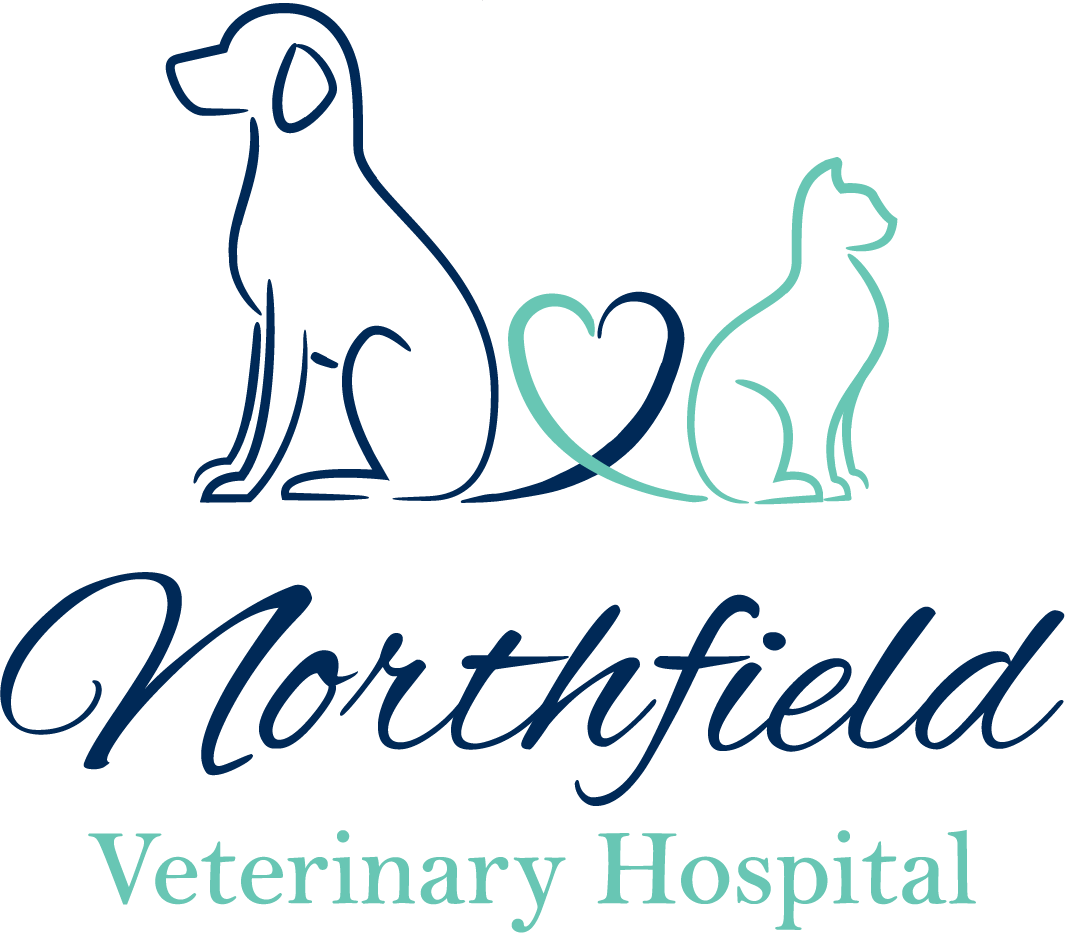Pet Surgery
The veterinarians at Northfield Veterinary Hospital perform many soft tissue surgeries and for more complex procedures we will find a board-certified veterinary surgeon for you.
Northfield Veterinary Hospital
Our veterinarians are well-versed in both routine and advanced procedures. Some of the more common surgeries we perform include:
- Mass/tumor removals
- Spays and neuters
- Foreign body removal
- Exploratory surgery
- Bladder stone removal
- Oral surgery (including extractions)
- Basic eye surgeries such as cherry eye
- And more
HOW WE ENSURE YOUR PET’S SAFETY
Our safety protocols are designed to ensure your pet wakes from surgery healthier than when they went in. Some safety measures we take include:
- An exam and blood work prior to surgery to check the health of your pet’s kidneys and liver, which play an important role in metabolizing the anesthesia.
- Setting up an IV catheter to supply your pet with fluids throughout the procedure.
- Dedicated monitoring from a surgical technician who watches your pet’s heart rate and rhythm, pulse oximetry, respiratory rate, blood pressure, body temperature, and more with our advanced monitoring equipment.
PUTTING PAIN IN ITS PLACE
Pets feel pain in the same ways we do. When they feel pain, it not only is uncomfortable; it causes stress which limits the body’s ability to heal itself. With our multi-modal approach to pain, we can help your pet remain comfortable throughout recovery and help them heal faster, too! We use pain medications such as NSAIDs and opioids as well as laser therapy, a safe, drug-free alternative.
TIPS FOR PET RECOVERY FROM SURGERY
We’ll send home personalized instructions for you to help your pet recover at home, but there are some universal tips for every pet:
- Keep your pet from swimming and avoid giving them a bath until their stitches have been removed.
- Check your pet’s incision daily for signs of problems like redness, swelling, discharge, or torn sutures.
- Try to keep your pet from over-exerting themselves by running, jumping, or rough-housing while their incision heals.
- Outfit your pet in an e-collar, or fitted T-shirt or onesie to keep them from licking, scratching, or biting at the incision.
Please contact us at 330-467-6400 if ever you’re worried about your pet’s condition.
IMPORTANCE OF PRE ANESTHESIA TESTING:
Pre-anesthesia testing is required on all patients regardless of their age or health status. Testing provides a more complete picture of your pet’s health by assessing potentially significant health issues and helps to minimize unexpected complications. Additional testing, such as chest radiographs may be recommended for pets that are middle-aged, geriatric, unhealthy, or have a known heart condition.
ANESTHESIA FOR SURGICAL OR DENTAL PROCEDURES:
While all types of anesthesia involve some risk, major side effects and complications are rare. Some risks are related to and may increase in frequency depending on your pet’s overall health, age, and unique responses to anesthesia drugs. Complications of anesthesia include but are not limited to unexpected drug reactions, corneal ulceration, tracheal injury, esophagitis, blood clot formation, lung injury, and death.
THE NIGHT BEFORE THE PROCEDURE:
- Withhold food after midnight. Discuss with the team if your pet is Diabetic for additional instructions.
If your pet was prescribed the antinausea medication Cerenia, please administer it the night before surgery. - Do not withhold water.
- If instructed to give medications on the morning of surgery, give them the smallest amount of food possible.
- Some medications are not recommended to be given on the day of anesthesia. Discuss all your pet’s medications with your veterinary team prior to the visit.
ON THE DAY OF THE PROCEDURE:
- A Registered Veterinary Technician will discuss any questions and will review the appropriate paperwork to be signed prior to your departure. Please plan for an additional 10-15 minutes for this.
- Your pet will receive a full examination from your veterinarian.
- Pre-anesthesia testing is required for all patients. If not performed prior to the surgery date, it will be completed at this time.
- Prior to the implementation of the anesthesia plan, your pet will be resting comfortably in a kennel with a plush blanket.
- Your pet will be monitored by a dedicated Registered Veterinary Technician throughout the procedure so we can quickly respond to any complications that may arise.
AFTER THE PROCEDURE:
- You will receive a phone call from your veterinarian with an update on your pet’s status.
- A pick-up time will be scheduled and your after-care instructions reviewed at this time.
- Your discharges will include when to start food, medications, and any additional pertinent instructions.

